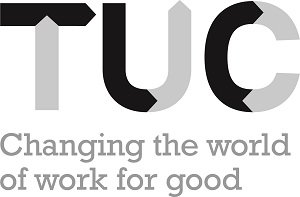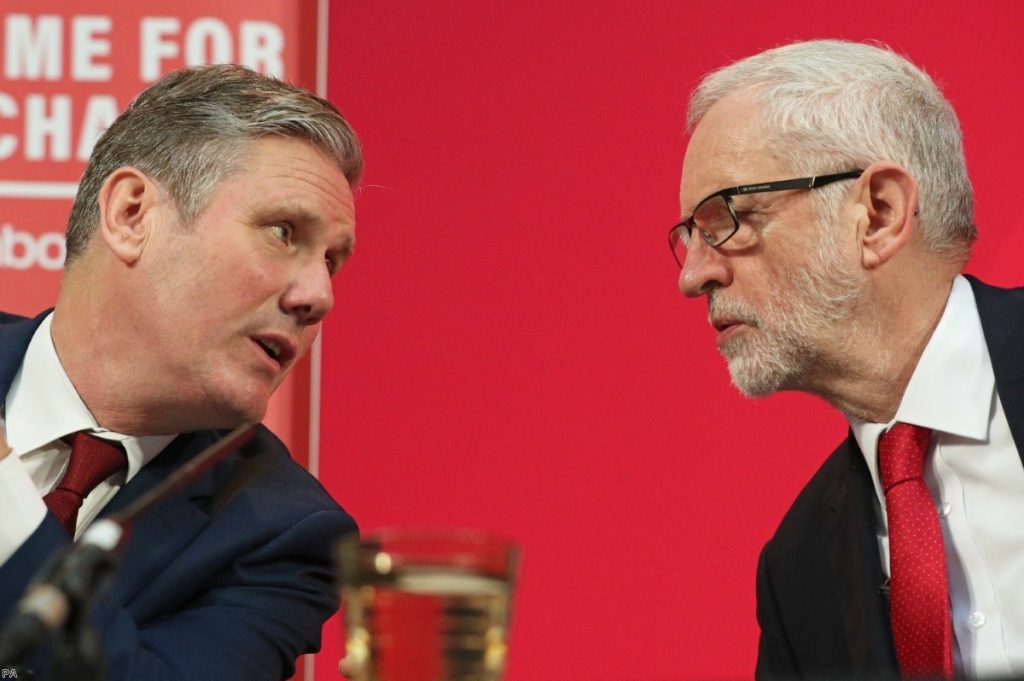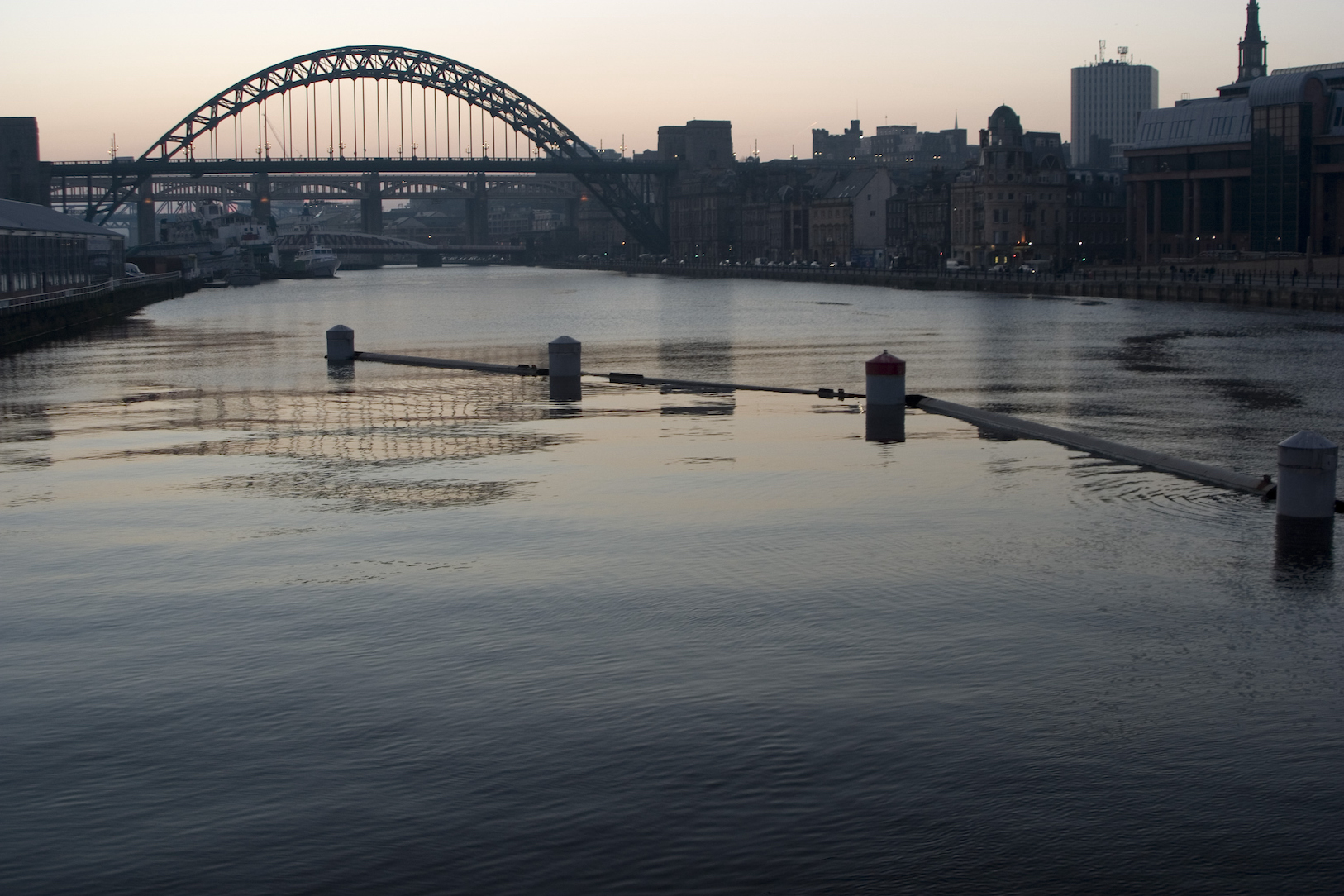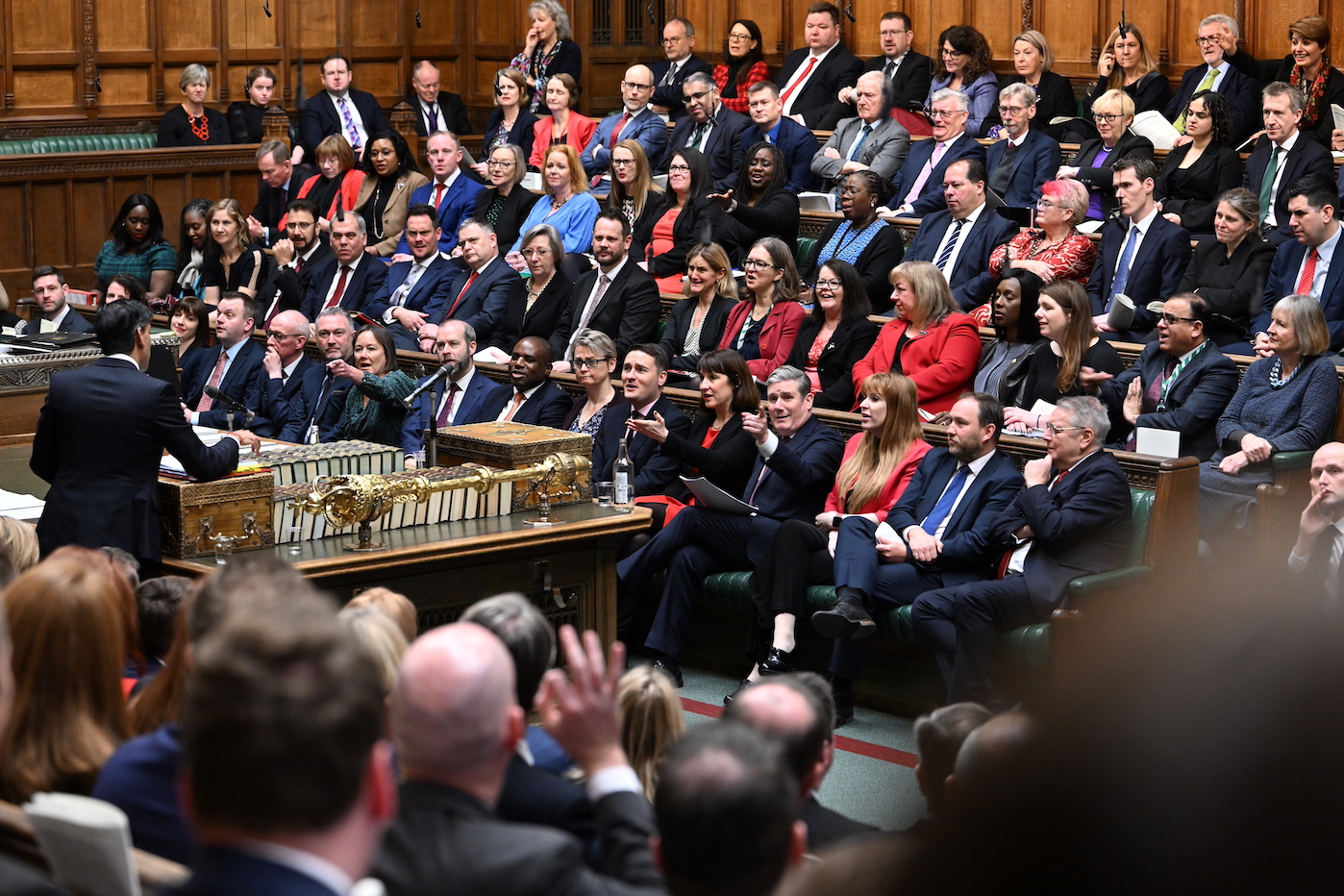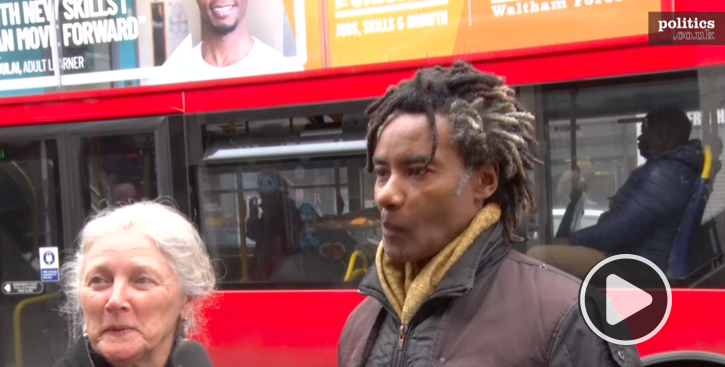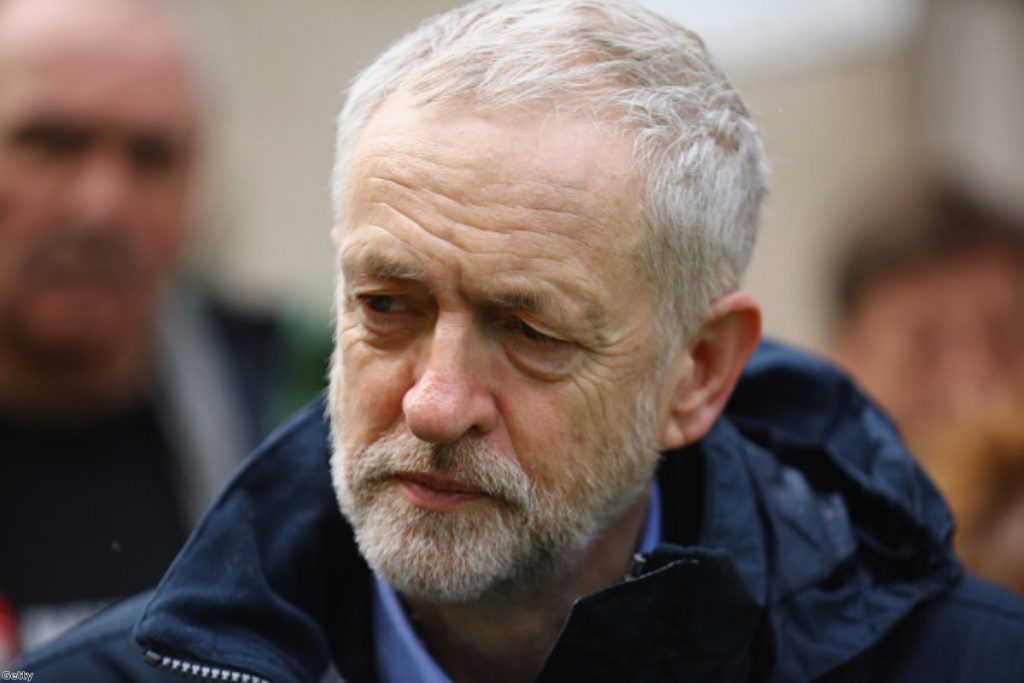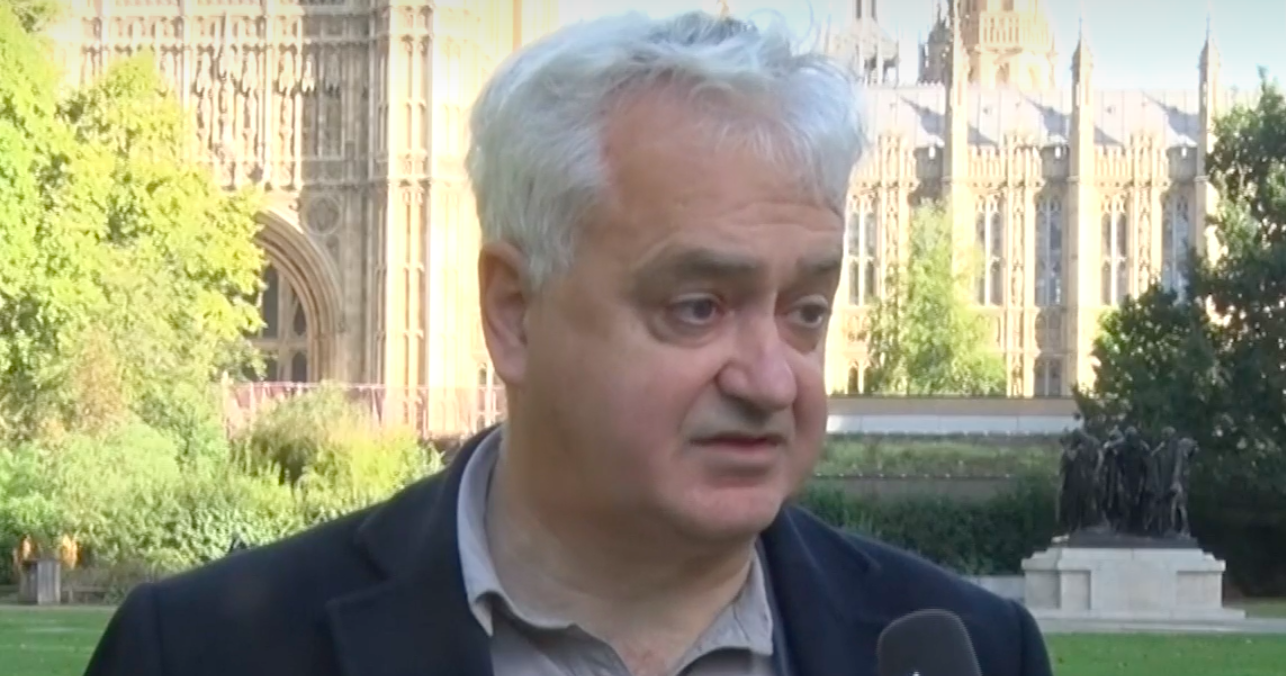Jeremy Corbyn and the Labour Whip
Jeremy Corbyn served as Leader of the Labour Party between 2015 and 2020. Having led Labour to their worst election performance since 1935 at the 2019 General Election, he stood down as Labour leader.
Throughout his tenure as party leader, the Labour party was criticised for failing to tackle complaints of anti-semitism. After a critical EHRC report in October 2020, Mr Corbyn then claimed “the scale of the problem” of Labour antisemitism was “dramatically overstated for political reasons by our opponents”.
In response, new Labour leader Sir Keir Starmer removed the party whip form his predecessor.
He said: “I’m the leader of the Labour Party, but I’m also the leader of the Parliamentary Labour Party. Jeremy Corbyn’s actions in response to the EHRC report undermined and set back our work in restoring trust and confidence in the Labour Party’s ability to tackle antisemitism”.
Mr Corbyn, who has represented Islington North for 40 years, has been sitting as an independent MP ever since his suspension.
Jeremy Corbyn as a future Labour Candidate
In March 2023, Sir Keir moved formally at the party’s ruling body, the national executive committee, to block Mr Corbyn from standing as a Labour candidate. The motion had passed 22-12.
Hitting back on the evening of the vote, Mr Corbyn said in a statement that the move marked “a shameful attack on party democracy, party members and natural justice.”
“When I was leader of the Labour Party, I was determined to build a member-led movement that gave hope to a new generation,” he added.
“Today’s disgraceful move shows contempt for the millions of people who voted for our Party in 2017 and 2019, and will demotivate those who still believe in the importance of a transformative Labour government.”
The Labour Party leadership have since said that Jeremy Corbyn will not be allowed to stand for the party at the next General Election.
Jeremy Corbyn’s Labour defenders
The decision to block the former Labour leader form standing as a Labour candidate was swiftly criticised within by left-wing Labour MPs.
Bell Ribeiro-Addy tweeted: “Labour members and trade unionists in Islington North deserve a free and fair vote on who gets to represent them”.
The Corbyn-supporting Momentum group said that the NEC vote it was a “dark day for democracy”.
Local party officers in Islington North also condemned “the NEC’s undue interference,” which they said “undermines our goal of defeating the Conservatives.
What next for Jeremy Corbyn?
The obvious choice for Jeremy Corbyn would be to once again run as the MP for his current constituency of Islington North, but this time as an independent.
Corbyn has represented the seat since 1983, with his socialist politics appealing to both diverse working-class constituents as well as wealthier left-wingers in the area. His name recognition would also incite a media circus.
Another option for Jeremy Corbyn would be to create a new electoral vehicle which could compete across the country and patronise new left-wing talent.
Some have even speculated that Corbyn might be willing to run as mayor of London in 2024.
From 2015-2019, London was somewhat stronghold for Corbynism, with Labour retaining its 49 seats in the region at the 2019 contest, bucking the national trend.
There is also precedent for a left-of-Labour candidate successfully winning the London mayoral election, which Corbyn may seek to emulate. In 2000, Ken Livingstone was elected as an independent, running as a left-wing critic of the Tony Blair government. Livingstone took 39% of first preferences, massively outpolling the Conservatives (27%) and Labour candidate Frank Dobson (13%). In 2004 Livingstone returned to Labour, and won a second term under the party’s banner.

